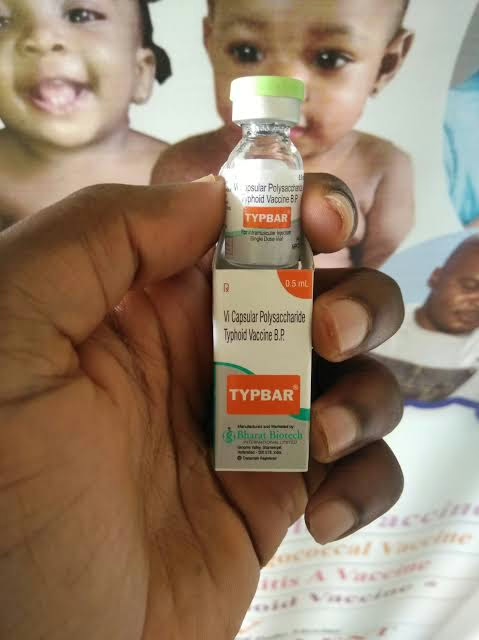Comprehensive Guide to Typhoid Vaccination: Locations, Procedures, Timing, Side Effects, and Pricing
Typhoid fever remains a serious systemic infection that can lead to severe health complications and, in some cases, fatal outcomes. The advent of an improved typhoid vaccine, offering extended immunity, has brought significant optimism to public health efforts worldwide. This advancement not only enhances protection but also aims to reduce the overreliance on antibiotics, which are often prescribed for suspected typhoid cases, thereby helping to combat antibiotic resistance.
Where to Get the Typhoid Vaccine
Typhoid vaccination is widely available at hospitals, clinics, and designated immunization centers across many countries, including Nigeria. International travel clinics also provide the vaccine, especially for travelers heading to regions where typhoid is endemic. It is advisable to consult local health authorities or healthcare providers to identify authorized vaccination sites near you.
How the Typhoid Vaccine Is Administered
The vaccine is typically given either as an injection or an oral dose, depending on the type used. Injectable vaccines are usually administered intramuscularly, while oral vaccines come in capsule form. Healthcare professionals will guide you on the appropriate method based on your age, health status, and vaccination history.
Optimal Timing for Vaccination
For effective protection, the typhoid vaccine should be administered at least two weeks before potential exposure to the bacteria, such as prior to travel to high-risk areas. Immunity duration varies by vaccine type; injectable vaccines generally provide protection for about two years, whereas oral vaccines may require booster doses every five years. Recent studies indicate that newer conjugate vaccines can offer immunity lasting up to five years or more, making them a preferred choice in many immunization programs.
Potential Side Effects to Consider
Most individuals tolerate the typhoid vaccine well, with side effects being generally mild and temporary. Common reactions include soreness at the injection site, low-grade fever, headache, and mild gastrointestinal discomfort. Serious adverse effects are rare but should be promptly reported to a healthcare provider. It is important to discuss any allergies or pre-existing conditions with your doctor before vaccination.
Cost and Accessibility of the Typhoid Vaccine
The price of the typhoid vaccine varies depending on the type, location, and healthcare facility. In Nigeria, the cost typically ranges from ₦3,000 to ₦10,000, though government immunization programs may offer it at reduced rates or free of charge. Globally, prices fluctuate, with some countries providing subsidized vaccines through public health initiatives. Considering the vaccine’s role in preventing costly medical treatments and complications, it represents a valuable investment in health.
Why Vaccination Matters: Current Insights
According to the World Health Organization, typhoid fever affects an estimated 11-20 million people annually, resulting in approximately 128,000 to 161,000 deaths worldwide. The introduction of more effective vaccines is a critical step toward reducing this burden, especially in regions with limited access to clean water and sanitation. For example, recent vaccination campaigns in South Asia have demonstrated significant declines in typhoid incidence, underscoring the vaccine’s impact.
In summary, the typhoid vaccine is a vital tool in preventing a potentially life-threatening disease. By understanding where and how to get vaccinated, the appropriate timing, possible side effects, and associated costs, individuals can make informed decisions to protect themselves and their communities.























0 Comments